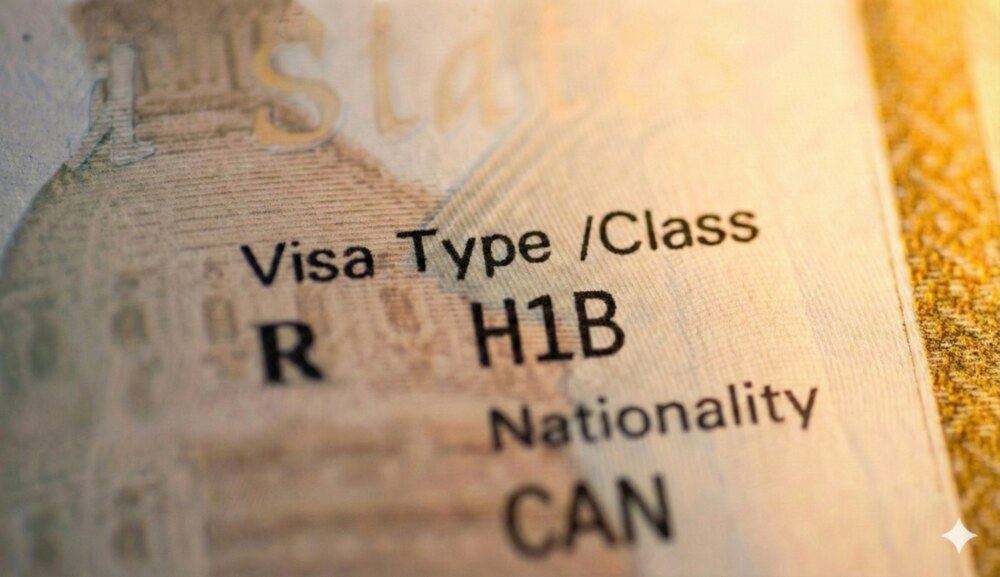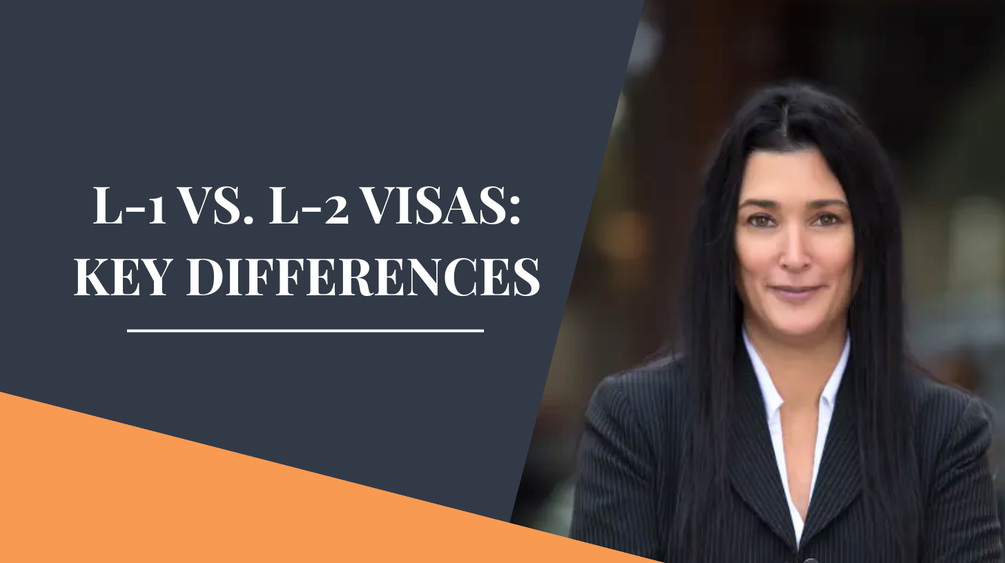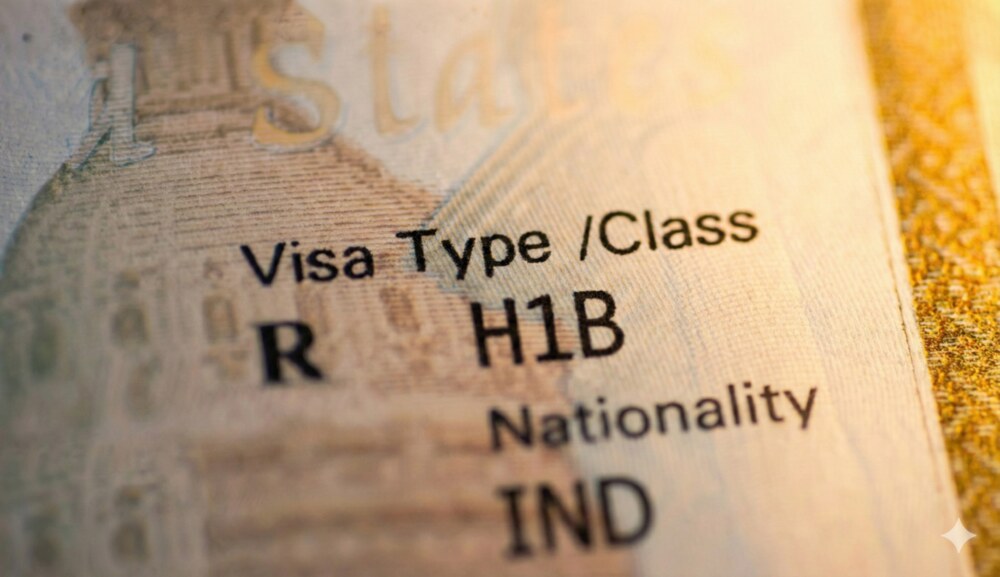"The specific need or the type of visa I needed was a permanent resident or green card. The first challenge I faced before I reached Karen Pollak was that I entered the US on a tourist visa. This was not the right way to do it because I was planning to spend a lot of time, so I tried to reach other lawyers, and I didn't like the way the interviews went. It seemed like we were another person or another customer from the many they had, and we didn't feel a personalized relationship, and honestly, we didn't think it was going to work. So a friend of ours recommended Karen, at Pollak Immigration and everything was perfect, everything ran very smoothly, and after we reached Karen, it was very clear, the steps we needed to take. The outcome, was incredible as today we have our permanent residence or the green card, and we are also recommending Karen to another friend and family that need to put in order their immigration."









